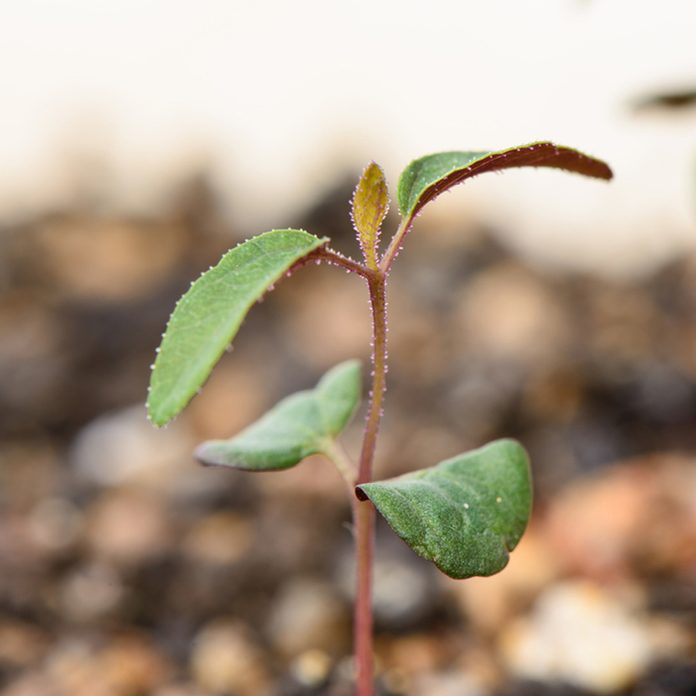
Lemon Eucalyptus
Lemon eucalyptus is an effective natural oil to use as a natural mosquito repellent, with sharp-scented compounds proven to drive mosquitoes away. It can also make a great cleaner! Combine 1/2 cup water and 1/2 cup witch hazel (you can add a little vinegar, too) and then add 30 to 40 drops of the lemon eucalyptus oil. You can add a little more of the oil if this amount doesn’t seem to be effective.
Note: This is a potent home bug repellent and mosquito repellent but is not child or pet friendly.
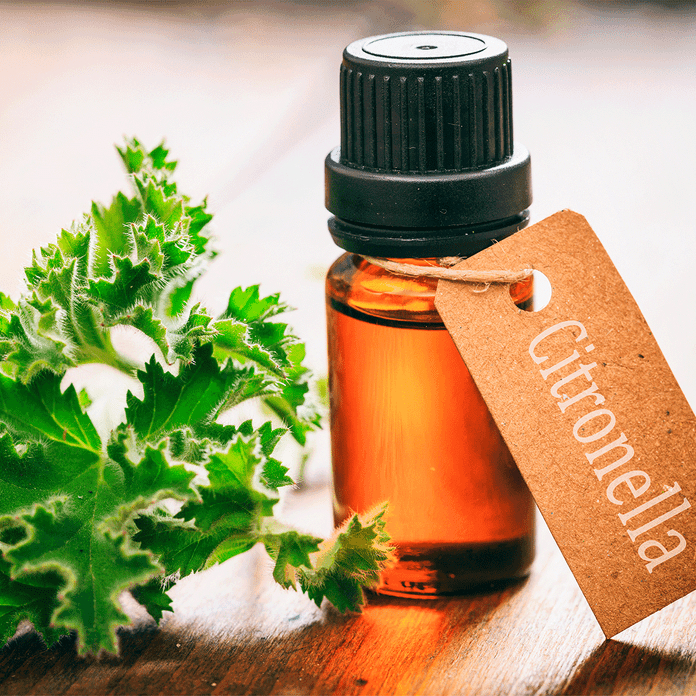
Citronella Oil
Small bugs usually hate citrus, so citrus oil sprays are common in homemade repellents. Mix equal parts water with witch hazel (a half cup of each works well). Witch hazel is an alcohol-based astringent that is commonly used in DIY repellents. (Some repellent recipes call for straight alcohol, such as vodka, but you can substitute with witch hazel, which tends to be gentler to skin.)
Add in a couple dozen drops of citronella oil, and pour it into a spray bottle. Lemon additives may also help. Remember to shake the bottle before using, and don’t spray it near your eyes.

Lavender Oil
Lavender oil is a very common ingredient in homemade bug repellents. If a recipe calls for citrus oils, neem oil, lemon eucalyptus, clove, or cedarwood oils, you can also add a little lavender oil. This will help improve the fragrance. But you can also use lavender oil by itself in a mixture similar to the citrus oil recipe for a home bug repellent. It won’t be quite as effective as some other options, but if you can’t stand the smell of other oils, it’s certainly worth a try as an alternative. Psst! Enhance your backyard ambience and get rid of those pesky bugs all at once with this PIC insect killer torch.

DIY Neem Spray
Much like lemon eucalyptus, neem oil is known to contain compounds that insects heartily dislike. That means you can use it as an effective repellent. It is derived from evergreen neem tree, native to India, and known for its potent fruits and seeds. Add a couple tablespoons of the oil into your witch hazel spray and try it out. If the spray isn’t mixing well even when you shake it, you can also add a little vegetable glycerin (aka glycerol, which is a clear, odorless liquid typically made from palm, soy or coconut oil) to help the ingredients combine. Neem may work best when combined with more fragrant oils.
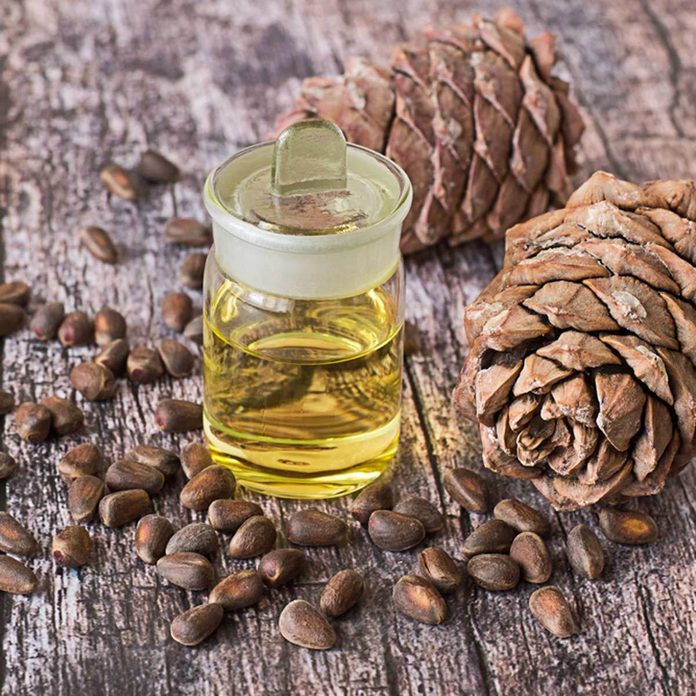
Cedarwood Oil
When stocking up on essential oils, look for cedarwood oil. It is very fragrant and ideal for a pleasant spray. Cedar also has insect repellent properties. Use it alone, or add it to citrusy sprays for a more powerful home bug repellent.

Cloves Spray
You can also use clove oil (or even add a few whole cloves to your spray bottle) for an enhanced repellent that can better deter insects. Clove oil is quite potent though, so don’t apply it directly to your hands or leave it on your skin overnight.

Bug Balm with Beeswax
If you prefer to use a balm instead of a spray, you can make an excellent homemade balm with a little citronella and lemon eucalyptus oil. Start by gently heating a mixture of beeswax, cocoa butter and coconut oil, and then add the essential oils once the mixture is starting to cool.

Peppermint and Castor Oil Repellent
Peppermint and castor oil are also both well-regarded as repellents. Plus, the peppermint smells great! You may want to go easy on the peppermint oil at first, since it can be surprisingly potent compared to other essential oils.
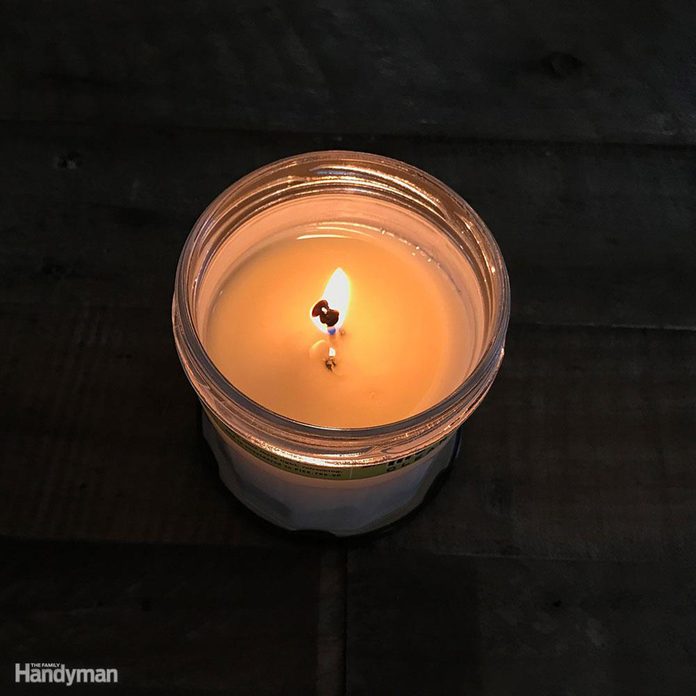
Homemade Citronella Candles
Candles are a popular bug repellent option when outdoors, and you can make your own candles with bug repellent properties. The easiest way is to create these homemade bug repellent candles and then add several drops of citronella oil to the wax as it starts to cool.
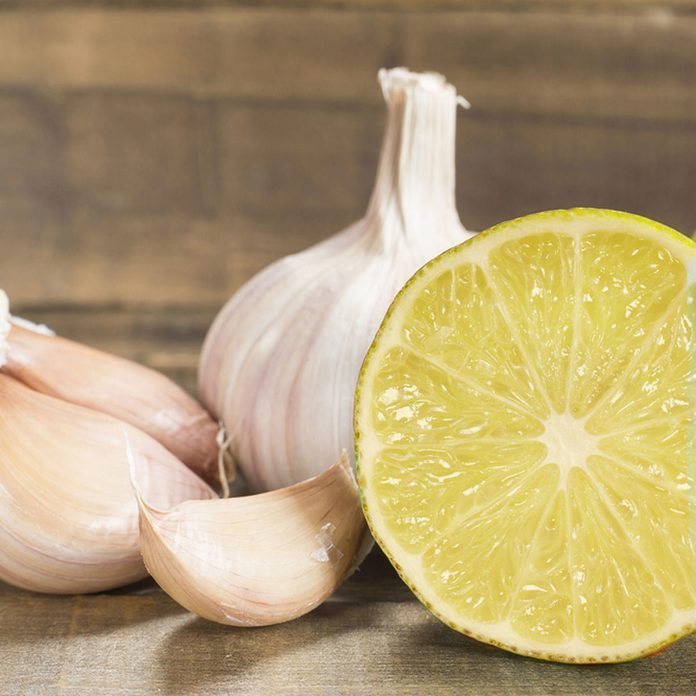
Garlic and Lemon Juice
Garlic is a well-known repellent for both insects and animals. They dislike the smell of allicin, a compound found in garlic. Acidic lemon juice can also be used to protect areas you don’t want bugs to cross. Soak crushed garlic cloves in mineral oil for at least a day, then mix the oil with a solution of water and a couple teaspoons of lemon juice. Shake the home bug repellent mixture well before using.

Herb Repellent
If you prefer not to use essential oils, you can create a homemade bug repellent made with herbs. Fresh herbs are recommended, particularly mint, catnip and citronella. Crush 1/2 to 1 full cup of these herbs together, then boil them with a cup of water. Once the mixture reaches a boil, let it cool down and filter out the herbs. Mix this water with witch hazel and pour it in a spray bottle.